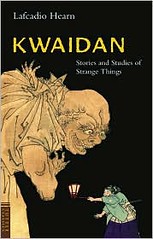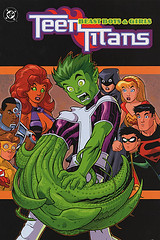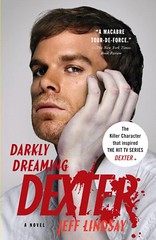
Scorch Atlas / Blake Butler
Chicago : Featherproof Books, 2009
152 p.
Scorch Atlas is a series of maps, or worlds, "tied so tight they couldn't crane their necks." Everything is either destroyed, rotting or festering -- and not only the physical objects, but allegiances, hopes, covenants. The sole glimmer of light comes in recollection, as in: "a bear the size of several men... There in the woods behind our house, when I was still a girl like you." --Jesse Ball, author of Samedi the Deafness
I bought this book knowing nothing about it because of that endorsement by Jesse Ball. About a year ago I read a book Ball coauthored called Vera & Linus, and now I'll pretty much do anything the man says. He definitely didn't steer me wrong with Scorch Atlas.
The book is abstract and doesn't have one coherent plot, ok? Let's just get that out there now. What it is is a series of vignettes or postcards from unnamed characters living in a destroyed, desiccated, and diseased version of our own world. The landscape is grotesque and surreal where children swell to enormous size, men grow mold on their bodies, and gravel falls from the sky. Some of the stories are so disturbing and atmospheric that I had to put the book down and walk away. This is definitely not a pleasant or even entertaining book.
Butler is not consistent, however. Some of the stories as powerful, but others fall short, feeling forced and overstuffed with pain and pathos. The prose style can also get a bit monotonous as the entire book is made up of short, staccato sentences.
But what he nails all the way through is this ominous sense that these people suffering from such pain and disfigurement were until very recently just like us. This isn't an imagined world; it's a United States that's undergone a terrible transformation, and it leaves you believing it could happen at any moment. The elements of our reality still present in this nightmare version are what make his work so effective.
In the end, I'm not sure what Butler was trying to accomplish with this book. He packs a lot in here: loss, family, survival, media. I noticed most of the stories have references to television, but this is much more than a response to media consumerism. So he's ambitious, which is probably what led to some of the shortcomings of the book, but ultimately, Butler is a powerful and unique new voice.





































